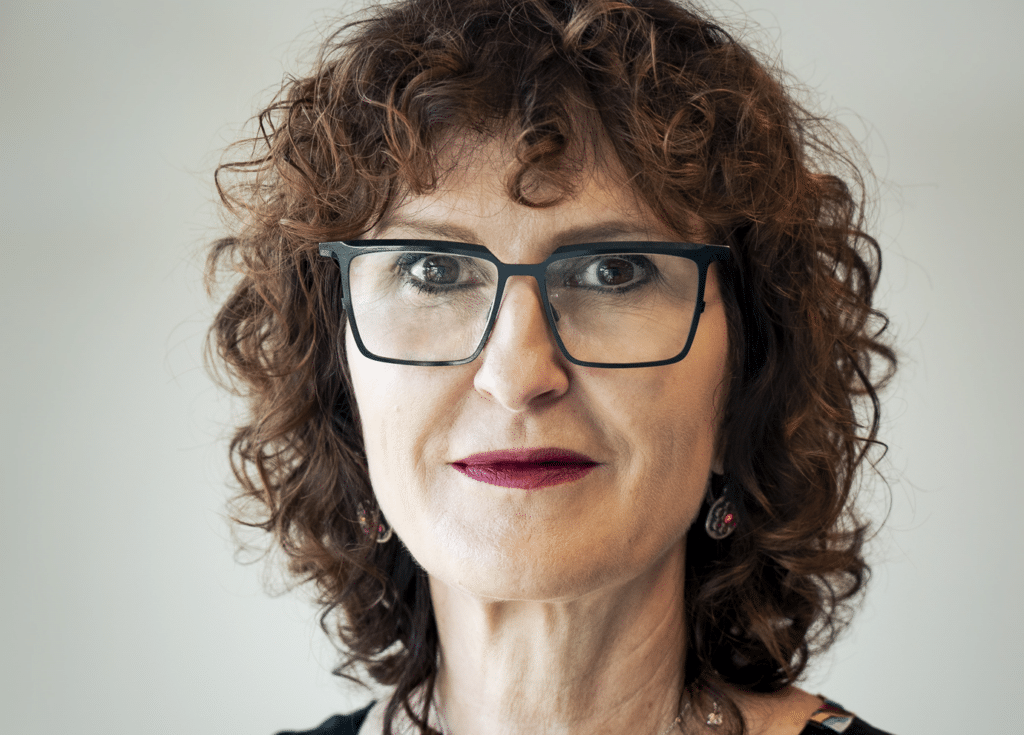In the last week, there have been very clear calls for men to step up, to take a stand, be part of the solution, and take responsibility for their violence and abuse. We’ve heard that violence against women is not a problem for women to solve. Men in leadership positions have been visible in joining this call.
It all sounds very useful at first take, but what does it mean in practice? When all the posturing and outrage abates, and the news cycle moves on, will anything have changed?
This year, 28 women have been killed by gender-based violence in Australia so far, more than double that of the same time last year, and the attitudinal debate is far from won. The most recent National Community Attitudes Survey found that 1 in 5 men aged 16 to 24 still believe men can be driven to hit a woman, even if he didn’t want to.
From the research on domestic violence, we know that violence does not happen as a one off – 97 per cent of domestic violence homicide victims in NSW experienced coercive and controlling behaviours before they were killed. We know violence occurs across all classes, suburbs, cultures and religions. We know men are at their most dangerous within two years of a separation. And we know this behaviour does not change without professional intervention.
We also know that in NSW, more than 60,000 women experience violence from a partner every year, yet less than a third of them get a domestic violence assault recorded by the police. Therefore, focusing entirely on the response of magistrates in relation to accountability falls well short of a useful strategy.
Despite this evidence, services working with violent men are in extremely short supply, and government investment and response varies depending on where you live. In NSW, funding is a fifth of what is available in Victoria, despite NSW having a larger population. Likewise, definitions of violence and legislation, such as that around coercive control, are different across the country, fuelling mixed messaging and misunderstanding.
So how do we achieve meaningful change that reduces domestic violence rates? We need leaders to steer the collective outrage into a well-thought-through, calm and considered plan that brings together the experiences of those working in the field and the research on what works.
We need to help young people develop the personal and relational skills to handle the big emotional challenges of life. We need additional training and resources for our first responders. We need the right legislation to keep violent offenders behind bars. And we need more funding for community resources and programs to help families.
At Relationships Australia NSW, our men’s behaviour change programs (MBCPs) recognise that the first time abuse is acknowledged is often during couple counselling over a “communication breakdown” – not during the call to police. Further, 45 per cent of our clients are experiencing or have experienced violence and abuse, and this is commonly well before any police intervention is considered.
While MBCPs won’t necessarily change all men’s behaviour, they do work with men’s life experiences, values and beliefs to challenge them over time, addressing their negative attitudes and behaviours towards women and children. They offer and model alternative skills and strategies.
Relationships Australia NSW has four programs and approximately 235 men on the waitlist, waiting up to six months in some areas. It’s a shocking delay caused by a lack of funding, and it’s putting women and children at risk. The majority of these men are wanting to get help voluntarily, so why wouldn’t we respond as fast as possible to their requests and potentially prevent more harm?
While politicians may rightly call for changes in judicial responses, they are focusing on only one aspect within a continuum of behaviour. It falls short for women and children who suffer the slow burn of abuse within the home, outside of the public gaze.
We urge the government to turn its immediate attention to the men using violence waiting for specialised services – either mandated or voluntary – and get to work helping them. The consequence of inaction is unacceptable – perpetrators remaining unchecked on waiting lists while those around them face the potential of ongoing terror. It’s time for action, for change, and for justice, not just reactive shots in the dark.
If you or someone you know is experiencing, or at risk of experiencing, domestic, family or sexual violence, call 1800RESPECT on 1800 737 732, text 0458 737 732 or visit 1800RESPECT.org.au for online chat and video call services.
If you are concerned about your behaviour or use of violence, you can contact the Men’s Referral Service on 1300 766 491 or visit http://www.ntv.org.au.
Feeling worried or no good? No shame, no judgement, safe place to yarn. Speak to a 13YARN Crisis Supporter, call 13 92 76. This service is available 24 hours a day, 7 days a week.


